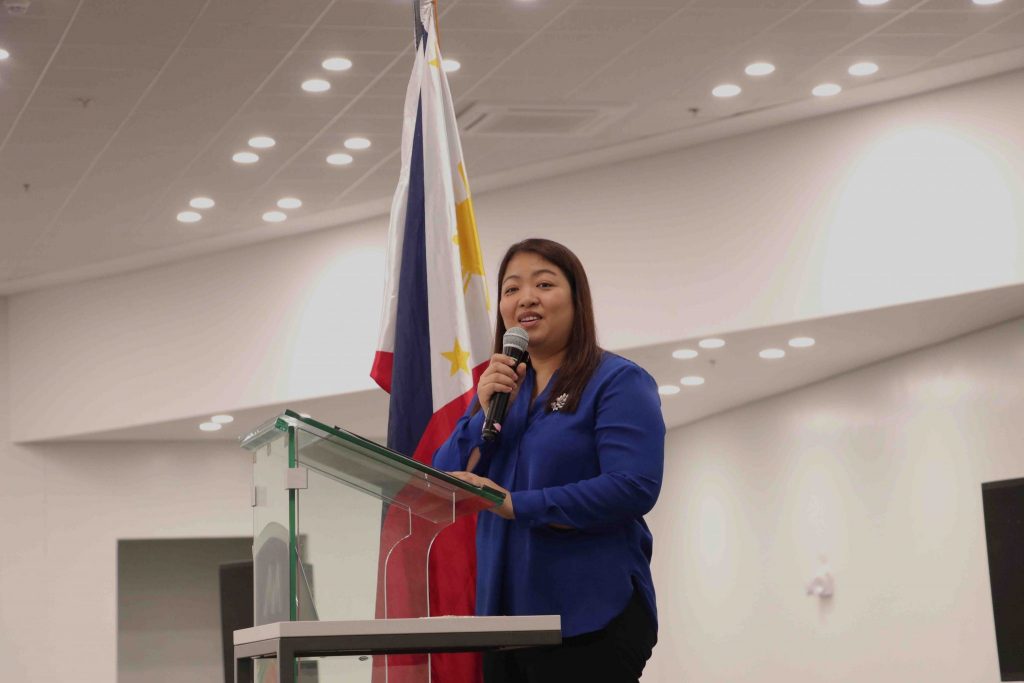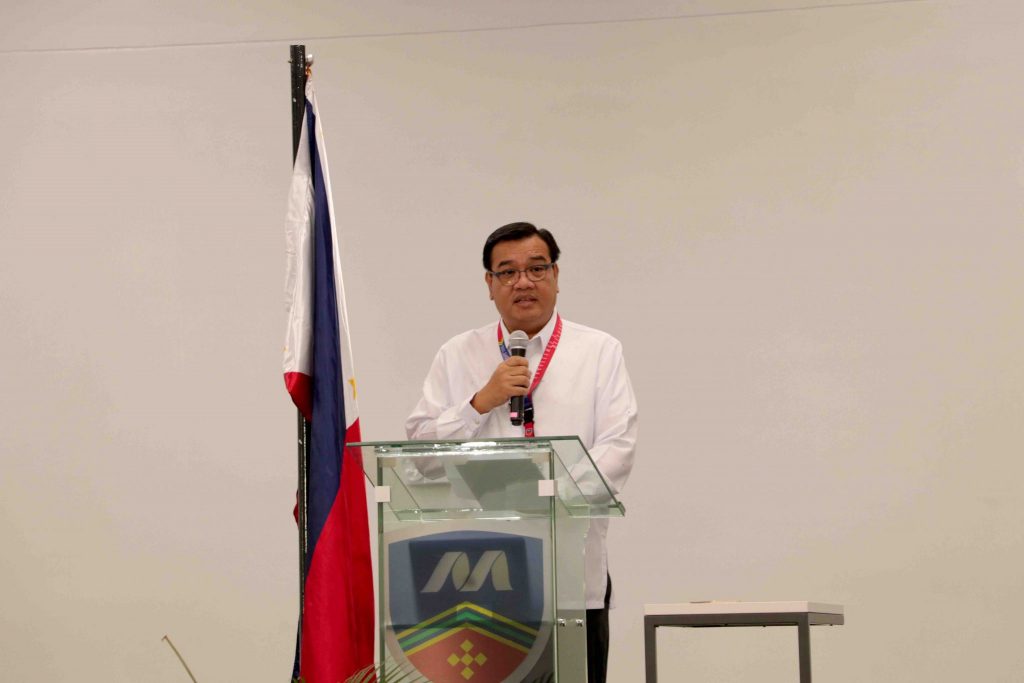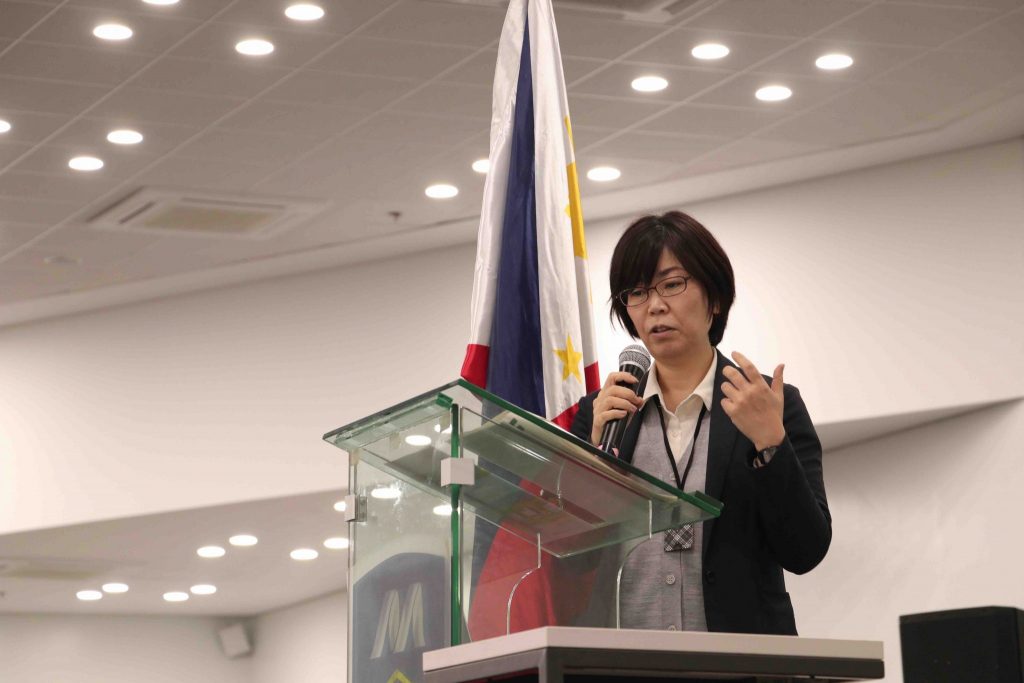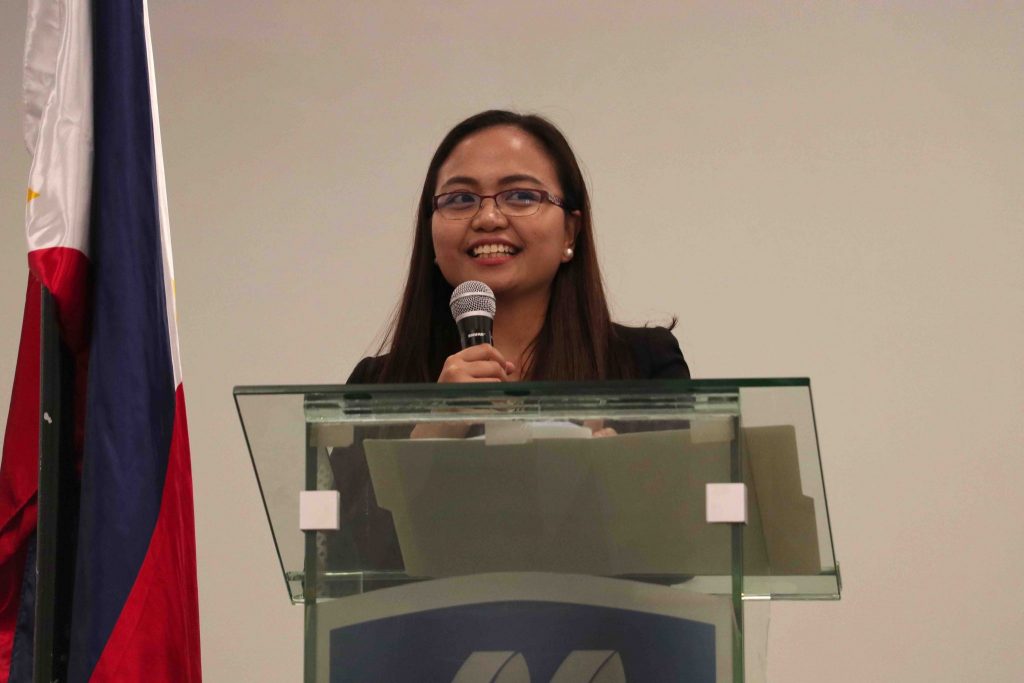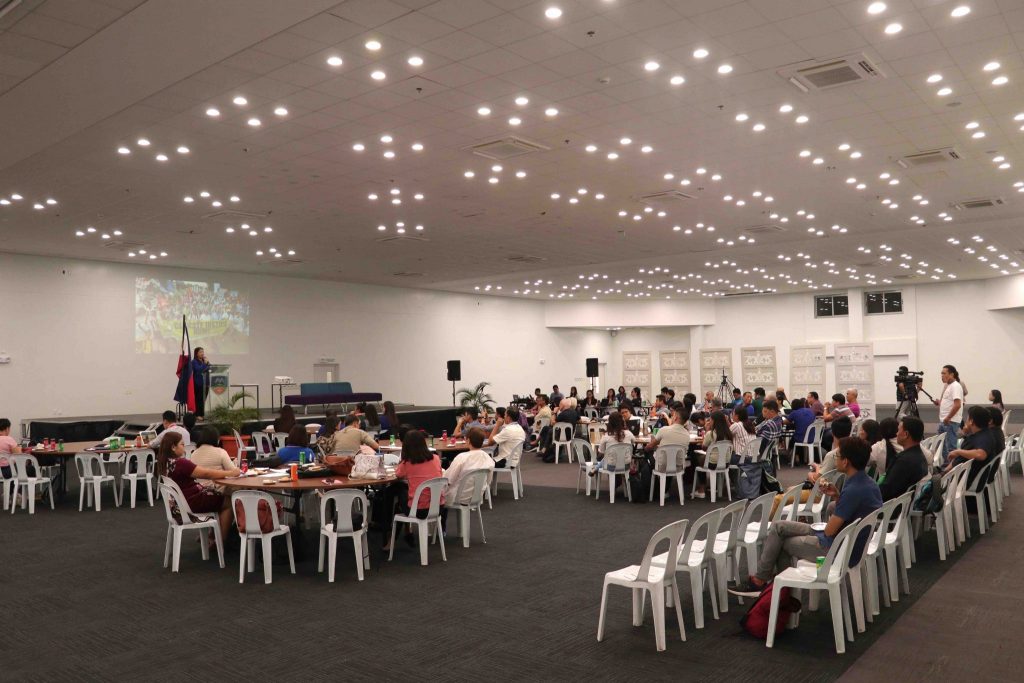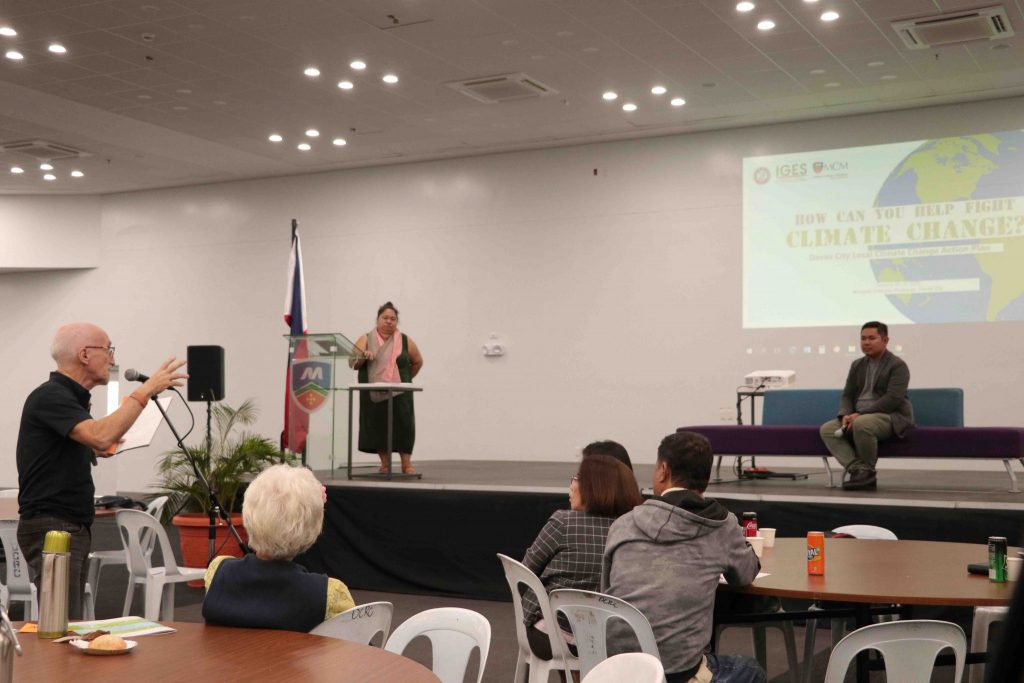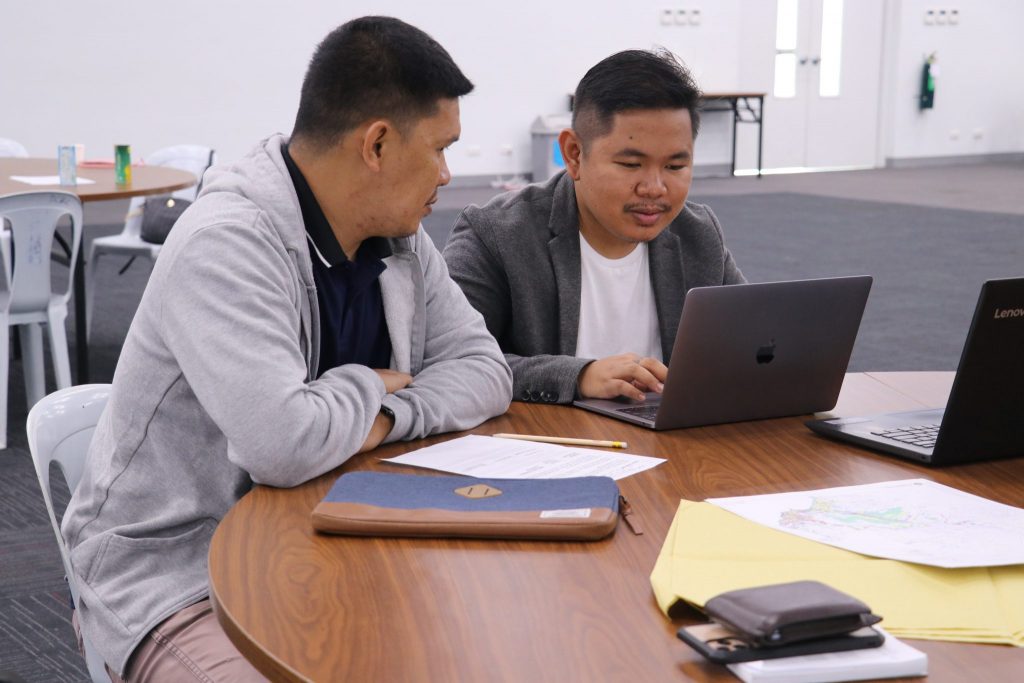Addressing Climate Change: The Local Climate Change Action Plan Workshop at MapúaMCM
On January 30 – 31, 2020, the Institute for Global Environmental Strategies (IGES) and the City Government of Davao collaborated with Mapúa Malayan Colleges Mindanao for the Local Climate Change Action Plan Workshop, an event solely focused on highlighting issues regarding climate change on a local level and collaborating with various government and non-government agencies and organizations on how to mitigate and prepare for the effects of this.
The first day introduced the rationale and objectives of the two-day workshop which was on mitigating the effects of climate change, as many of the topics of conversation in each of the presentations showcased various experiences, reviews and analyses in different areas concerning climate change and its effects on the community.
Engr. Dodjie Maestrecampo, EVP-COO of Mapúa Malayan Colleges Mindanao, gave his welcome address; thanking all the participants for taking the steps towards addressing the threat that is climate change, and expressing MapúaMCM and Mapua University’s commitment to assisting in this endeavor.
“Climate change is everybody’s concern. It’s not only an environmental matter but entails economic and social consequences that greatly impact our development as a society… Mapúa Malayan Colleges Mindanao and Mapúa University with their intellectual resources commit to assist the city government of Davao in addressing concerns regarding Climate Change.”
Keynote Speaker, Atty. Rachel Ann Herrera, Commissioner of the Climate Change Commission, addressed the local climate and disaster risk situation today; listing out existing issues such as the rise of natural disasters, an increase in temperature, infestation of crops, rising sea levels, air and water pollution, biodiversity loss, etc., and what we can or should do about these issues and the impending reality of what we face in terms of climate change.
“The problem is big and daunting and ‘business-as-usual’ will not ensure our survival. Adaptation is the key — meaning the impacts are already here, we are feeling them, and we must strategize to shift our way of life… If we adapt right, we save lives and protect our home — this city — and adaptation will create opportunity and build a better future for us all.”
After this, a special message from Mayor Sara Z. Duterte of Davao City was presented on her behalf in support of the workshop event. She expressed her gratitude for all government and non-government bodies present and urged all participants to maximize the tools provided to them to help in spreading awareness on climate change. She had also announced that in the following week, they will be launching Davao’s Community Emergency Response and Preparedness Radio at 87.5FM, which serves as the medium to relay emergency-preparedness advocacies and campaigns to the public and ensure the timely dissemination of vital information.
“From deforestation to urbanization, from the manufacture of single-use products to gas emissions, from uncontrolled consumer practices to unhygienic habits, let us remember that our actions have repercussions not only on the economy but on public health and on the health of the environment.”
Following this, various speakers took the stage to share inputs, experiences and analyses pertaining to climate change. The first speakers from the Institute for Global Environmental Strategies (IGES) — Shiko Hayashi, Director of Kitakyushu Urban Centre and Ms. Junko Akagi, Research Program Manager — shared their experience on climate change mitigation strategies through the case of Kitakyushu City in Japan, a city well-known for its environmental improvement and its recognition as an Environmental Model City. Then, Research Specialist of Interface Development Interventions, Inc. (IDIS) — Lemuel Lloyd I. Manalo — gave his input on IDIS’ experience in addressing climate change impacts and its causes in Davao City. This was then supplemented by the following input from Atty. Mark Penalver, Program Coordinator of Interface Development Interventions, Inc., who did a run down of the legal bases of Climate Change Action/Disaster Risk Reduction initiatives and why Local Government units need to formulate a Local Climate Change Action Plan.
The last inputs given were on the review, analysis and assessment of Davao City’s situation on climate change. Mapúa Malayan Colleges Mindanao’s very own Head of the Office for Research, Development and Innovation, Dr. Gernelyn T. Logrosa, PhD, presented Davao City’s Climate Change vulnerability and risk assessment.
“Vulnerability and risk relating to Climate Change should be understood from a local context. Only from this contextualized understanding can we produce tailored fit adaptive and mitigative strategies. Emerging research has identified methodological approaches to equip us to do this.”
Dr. Doris Montecastro of the Ateneo de Davao University, presented greenhouse gases inventory results and a review of current mitigation actions.
Thereafter, open forums were conducted and key actions and commitments were synthesised to the participants, creating a very informative and collaborative environment for all agencies to produce results and ideas, ask questions and conduct discourse on certain topics and discussions.
The second day was dedicated to the workshop proper — mapping out strategic options and priorities as all participants were separated into groups to discuss, identify, plan, present and review strategies towards climate change mitigation.
The workshop spanned for two days and was held at the Mapúa Malayan Colleges Mindanao (MapúaMCM) Auditorium. Representatives from the City Planning and Development Office, Interface Development Interventions, Inc. (IDIS), Department of Environment and Natural Resources (DENR), City Environment and Natural Resources Office, Department of Agriculture RFU XI, City Agriculture Office, City Engineer’s Office, Davao City Transport and Traffic Management Office, Office of the City Veterinarian, Davao City Disaster Risk Reduction and Management Office, Davao City Water District, Department of Education, Department of Public Works and Highways, Ateneo de Davao University, University of Southeastern Philippines, Sustainable Davao Movement, Philippine Eagle Foundation, Mindanao Land Foundation, GUIDE, Inc., National Commission on Indigenous Peoples, Sangguniang Panlungsod and SALIGAN were present at the workshop.
